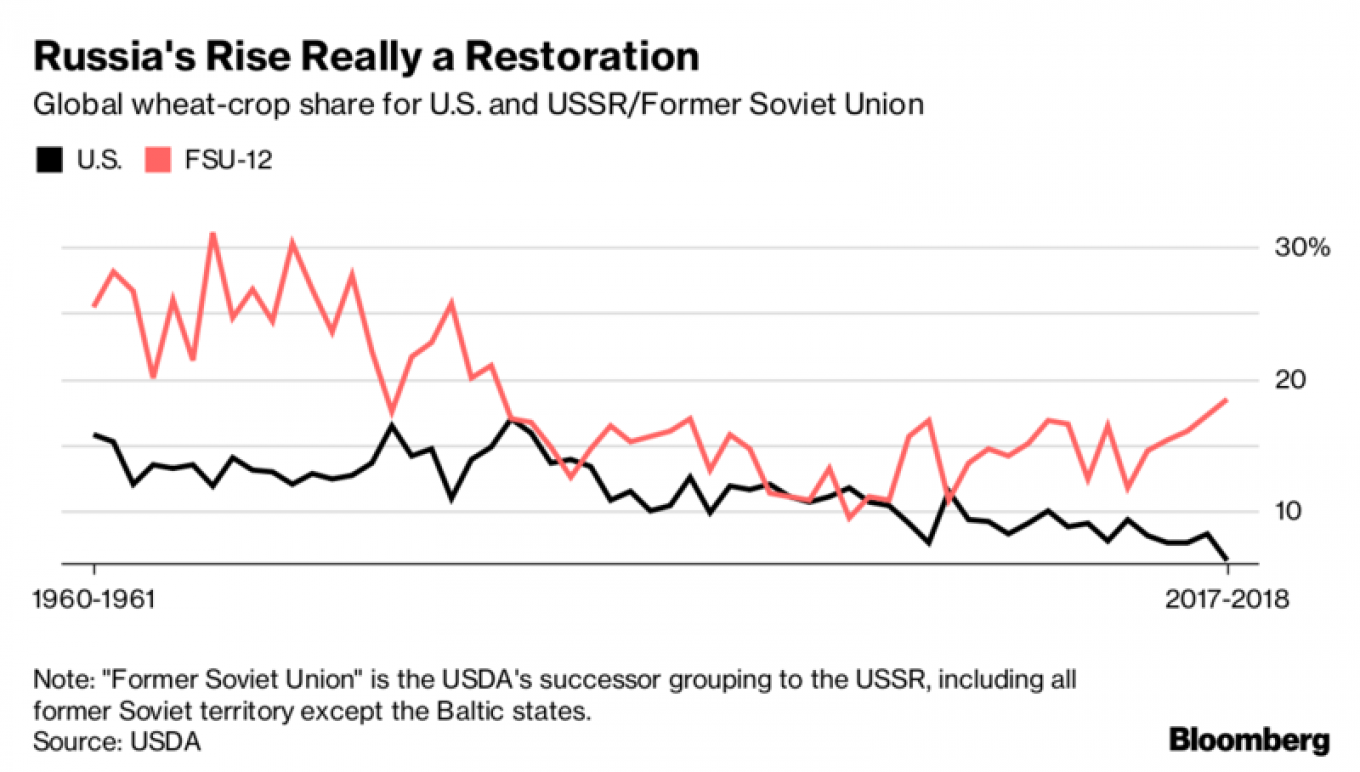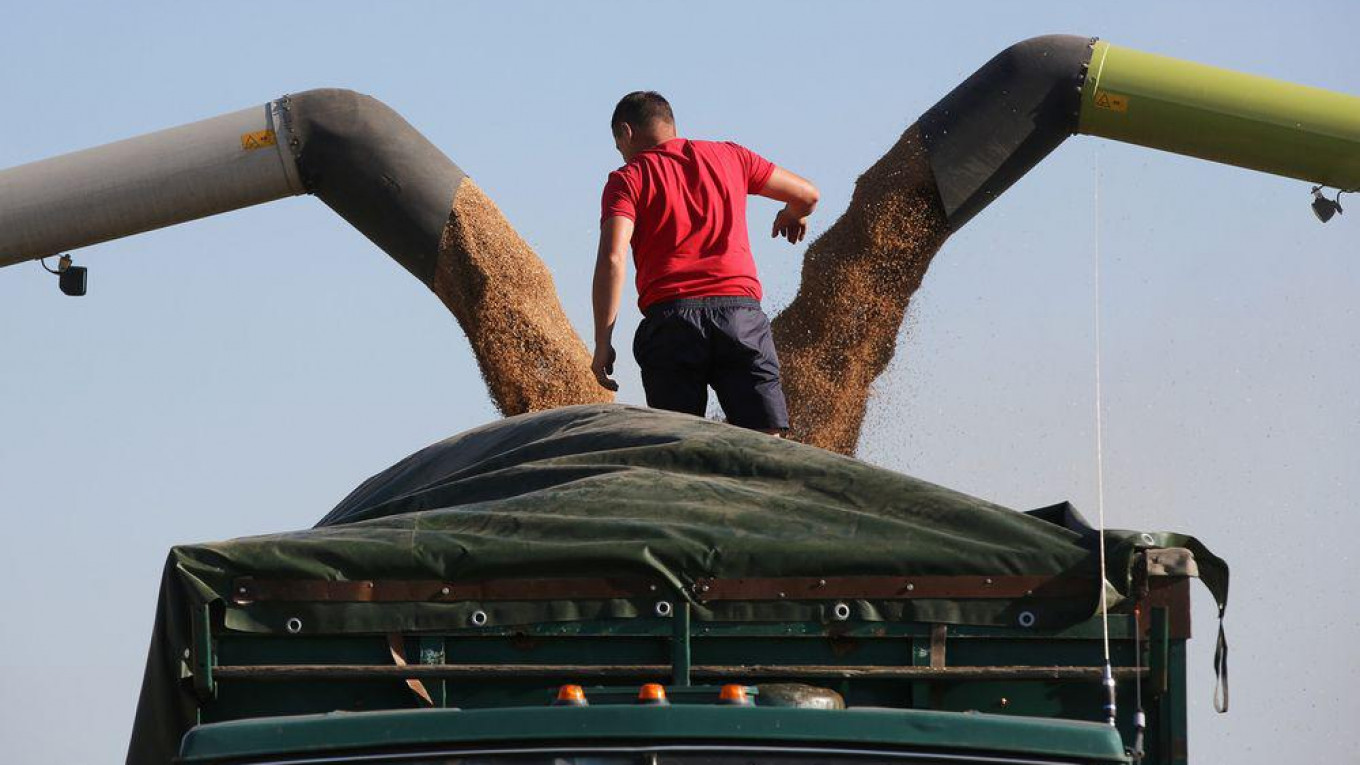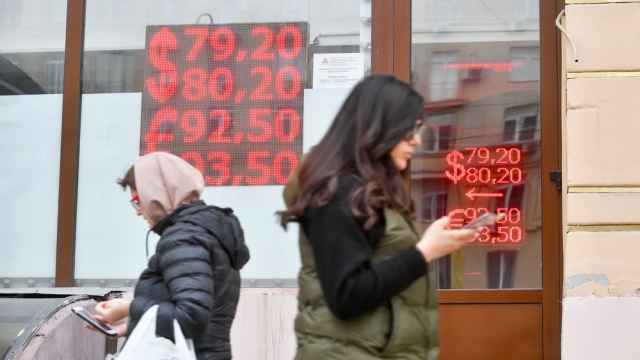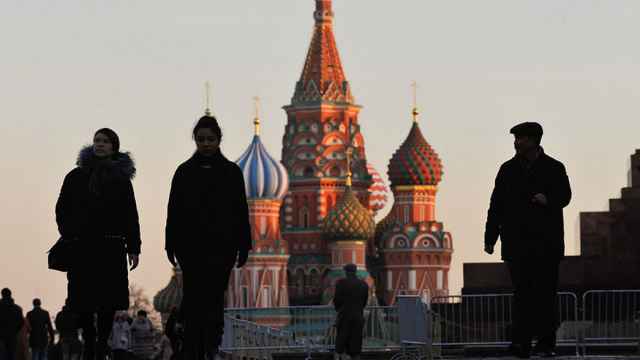(Bloomberg) — Russia’s emergence as the world’s leading exporter of wheat, a shift that’s reorienting global trade in the grain around the Black Sea region, recalls the Soviet Union’s previous dominance of production — albeit under markedly different conditions.
Countries comprising the former USSR harvested 18 percent of the global wheat crop in 2017, the most since 1980, according to U.S. Department of Agriculture data.
Russia is projected to become the biggest shipper by volume this year, overtaking the U.S., the agency estimates. America’s share of the global crop fell to 6 percent in 2017, the lowest based on records going back to 1960.

The Black Sea’s favorable soil and climate has always been capable of bumper crops, said John Schnittker, who was a chief economist and undersecretrary at the U.S. Department of Agriculture under President Lyndon Johnson.
Two important differences between now and the Cold War era are the improved quality of the grain and what it’s used for.
Despite a share of the global crop that peaked at 31 percent in 1966, the USSR still needed to import grain.
That’s partly because most of its wheat was fed to animals — almost three-fifths in the late 1970s and early 1980s — and Soviet citizens ate a diet that was heavily dependent on grains.
Another important factor was the poor quality of much of Soviet wheat, a problem made worse by the collective-farming system’s poor storage and transportation infrastructure.
During a visit to Soviet farms in 1972, Schnittker said he saw "huge outdoor piles of wheat, which had been harvested at high moisture, being dried by a group of women shoveling the wheat into the air, from one pile to another."
Such inefficiency drove the government to import from the U.S. and Canada to provide bread for its people, even as the USSR was growing more wheat than anyone.
Today, less than a quarter of the harvest in the former Soviet Union is being used to feed animals. That, and better infrastructure, is creating a much more export-oriented market, said Dan Morgan, author of probably the definitive book on the 1970s grain trade, "Merchants of Grain: The Power and Profits of the Five Giant Companies at the Center of the World’s Food Supply."
And that’s why the Black Sea’s impact is being noticed more on international grain markets this time around, even though in terms of overall share of the global crop the region is only now beginning to echo the Soviet Union’s prime.
A Message from The Moscow Times:
Dear readers,
We are facing unprecedented challenges. Russia's Prosecutor General's Office has designated The Moscow Times as an "undesirable" organization, criminalizing our work and putting our staff at risk of prosecution. This follows our earlier unjust labeling as a "foreign agent."
These actions are direct attempts to silence independent journalism in Russia. The authorities claim our work "discredits the decisions of the Russian leadership." We see things differently: we strive to provide accurate, unbiased reporting on Russia.
We, the journalists of The Moscow Times, refuse to be silenced. But to continue our work, we need your help.
Your support, no matter how small, makes a world of difference. If you can, please support us monthly starting from just $2. It's quick to set up, and every contribution makes a significant impact.
By supporting The Moscow Times, you're defending open, independent journalism in the face of repression. Thank you for standing with us.
Remind me later.






